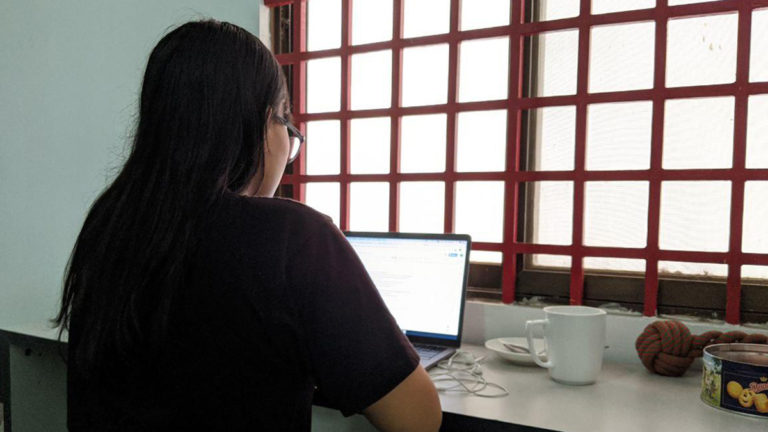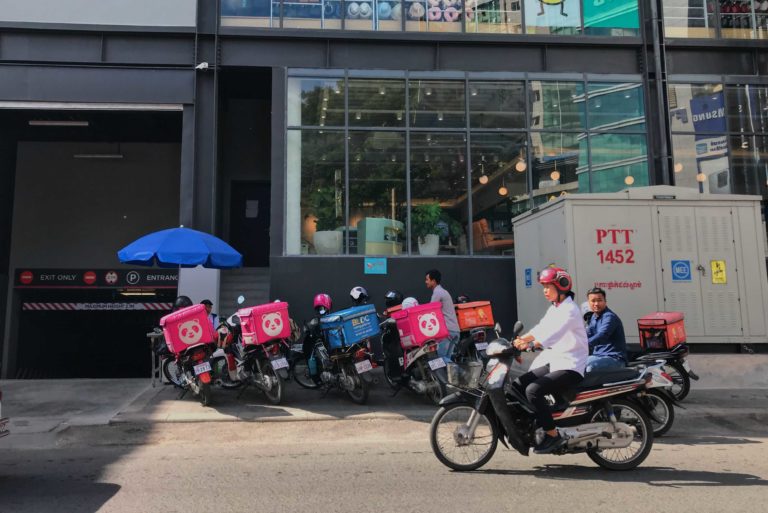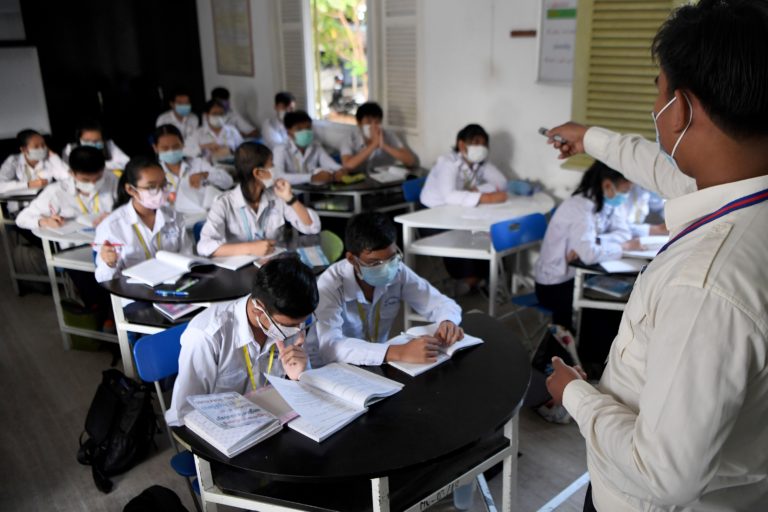Well-being
Information to help you and your family live long, happy and healthy lives
Coronavirus (COVID‑19)
Also called: 2019-nCov, 2019 Novel Coronavirus
- Overview
- Symptoms
- Prevention
- Treatment
Coronaviruses (Latin. Corona = “wreath, crown”, from characteristic club-shaped spikes that project from their surface) are a large family of viruses which may cause illness in animals or humans. In humans, several coronaviruses are known to cause respiratory infections ranging from the common cold to more severe diseases such as Middle East Respiratory Syndrome (MERS) and Severe Acute Respiratory Syndrome (SARS).
The most recently discovered coronavirus causes the coronavirus disease, COVID-19, an illness that can affect your lungs and airways. The COVID-19 virus spreads primarily through droplets of saliva (spit) or discharge from the nose when an infected person speaks, coughs or sneezes.
Most people infected with the COVID-19 virus will experience mild to moderate respiratory illness and recover without requiring special treatment. The most common symptoms of COVID-19 are fever, dry cough, and tiredness. Some patients may have aches and pains, nasal congestion, sore throat or diarrhea. These symptoms are usually mild and begin gradually. Some people become infected but only have very mild symptoms.
- Most people (about 80%) recover from the disease without needing hospital treatment.
- Around 1 out of every 5 people who gets COVID-19 becomes seriously ill and develops difficulty breathing.
- Older people, and those with underlying medical problems like high blood pressure, heart and lung problems, diabetes, or cancer, are at higher risk of developing serious illness.
However, anyone can catch COVID-19 and become seriously ill. Even people with very mild symptoms of COVID-19 can transmit the virus. People of all ages who experience fever, cough and difficulty breathing should seek immediate medical attention.
As with other respiratory infections like the flu or the common cold, public health measures are critical to slow the spread of illnesses. Public health measures are everyday preventive actions that include:
- Staying home when sick
- Wear a mask to protect yourself and others
- Covering mouth and nose with flexed elbow or tissue when coughing or sneezing. Dispose of used tissue immediately
- Washing hands often with soap and water
- Cleaning frequently touched surfaces and objects.
- Maintain a distance of at least 1 metre (3 feet) from others.
To date, there is no vaccine and no specific antiviral medicines against COVID-19. Mild symptoms can usually be treated at home. If your symptoms are severe, medical care may be needed until you recover. However, people with serious illness may need to be hospitalized so that they can receive life-saving treatment for complications. Most patients recover thanks to such care.
Possible vaccines and some specific drug treatments are currently being explored. They are being tested through clinical trials in many countries, and global organizations, such as the WHO, are coordinating efforts to develop vaccines and medicines to prevent and treat COVID-19.

Work From Home (WFH)- Pros & Cons
Between working from home and working from the office, which one is more efficient and productive? What are the pros and cons of WFH?

Promotion of Long-distance Learning and E-learning in Cambodia During Covid-19 Period and the Future
The Ministry of Education Youth and Sport has announced its plan for long-distance learning and e-learning in Cambodia to tackle education issues during the Covid-19 crisis and to strengthen the quality of education.

Interview: Covid-19 Treatment Process in Cambodia
Covid-19 cases have been continuously discovered in Cambodia since January of this year. Despite the very public exposure of these cases, most people do not know what goes into treating a patient afflicted with Covid-19 in Cambodia.

How to Minimize Health Risks of Sitting for Long Hours
Studies have shown that sitting for extended periods of time increases health risks, such heart disease or stroke. What should office employees do to lower the risks?

Covid Myths: Fact or Fiction?
Claims that high heat and humidity levels are able to kill the coronavirus and slow the spread of Covid-19 have been passed around since the emergence of the disease.

How to Manage Credit Card Expenses
What is a credit card? How do you effectively manage credit card expenses?

Domestic Abuse Activists To Call For Report on Domestic Violence During Covid-19
Domestic violence against women during the Covid-19 crisis is a major issue with which women’s rights activists are having concerns.

Growth of Food Delivery Service To Create Job Opportunities in Cambodia
Economic specialists have said the food delivery service market in Cambodia is booming remarkably which creates job opportunities for Cambodians who are undergoing financial issues due to Covid-19.

Covid Vaccine Research Pushes Ahead, Timeline Uncertain
Vaccine development is generally a long, arduous process designed to ensure the efficacy of approved vaccines. With the immediate threat of Covid-19 changing how the world does many things, researchers are looking to drastically cut down the time before a vaccine to combat the coronavirus is available.

The impact of Covid-19 on Cambodia’s Education
Educators have shown concerns about the education in Cambodia since the Ministry of Education Youth and Sport announced to shut down all schools nationwide to fight the spread of Covid-19.

Covid-19 Affects Cambodians’ Mental Health Due to Financial Issue
Cambodians who have been financially affected due to job loss or suspension are undergoing severe mental health concerns.

